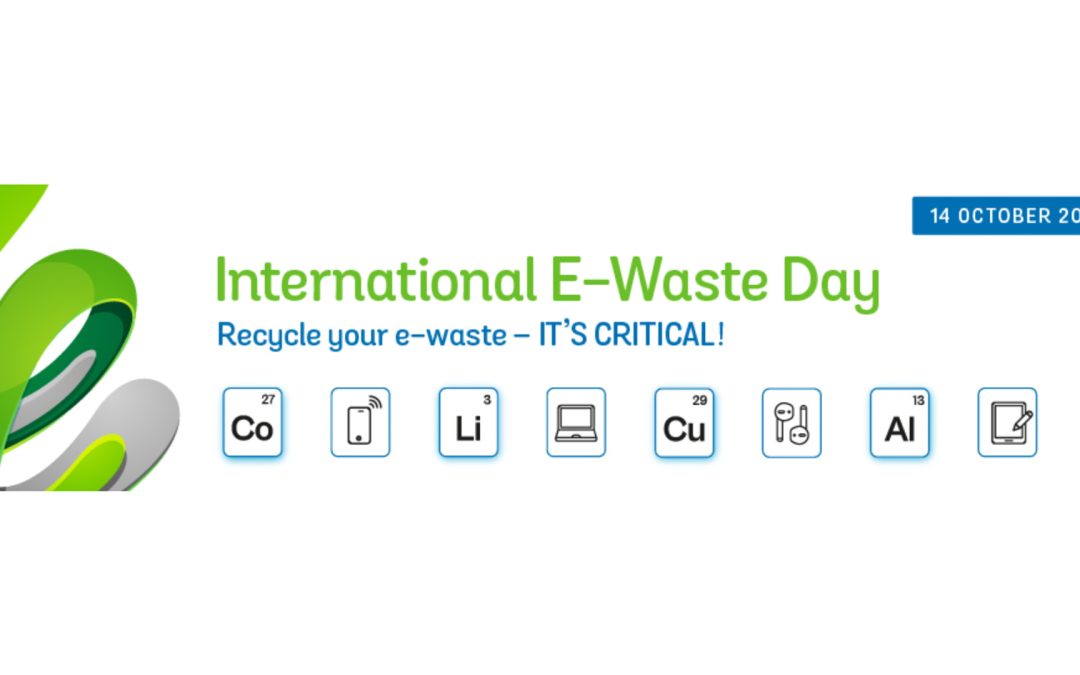 Hungarian MEP Benedek Javor has posted an article in which he suggests that European Union member states are using loopholes to avoid implementing key measures of the circular economy package.
Hungarian MEP Benedek Javor has posted an article in which he suggests that European Union member states are using loopholes to avoid implementing key measures of the circular economy package.
The package, which contains efforts to reduce Europe’s environmental impact by decreasing its resource dependency, whilst creating jobs and maintain competitiveness, is described by Javor as “one of the most important tools for resource efficiency and a sustainable European economy.”
Yet Javor, who sits in the European Parliament as a member of Dialogue for Hungary and the European Green Party, says in his article that the package is “not yet yielding results” and “much effort is still needed.”
He notes that some EU countries are slower than others in adopting the more complex, difficult regulations, and points out that previous directives were so slowly adopted by some member states that the European Commission was forced into launching infringement procedures against them.
“Rules only work if they are actually applied,” Javor writes. “Member states very often look for loopholes, so if the European regulation contains some flexibility, national governments try to take advantage of it. For example, the directives allow incineration, but this doesn’t mean governments should stop trying to find better solutions for waste management.
The regulation clearly states that waste prevention and recycling are higher up on the waste management hierarchy and are greatly preferable to incineration. Yet some member states take advantage of the directives’ flexibility by investing in incineration as an alternative to landfilling.”
Javor calls for national authorities to implement the circular economy properly, and suggests that “strict follow-up by the Commission” is necessary, “especially regarding deadline and target compliance.”
More than 300 infringement of environmental policy cases are ongoing, with a further 64 awaiting judgement from the European Court of Justice. Javor writes that this “clearly indicates the critical shortcomings of the transposition and implementation of the EU’s environmental regulation by member states.”
“This long list of infringements could be cut by an effective early warning system that rings the alarm where a member state does not follow the trajectory of a regulatory target,” he proposes. “Such a system could point to problems before a member state fails to implement a regulation and risks incurring sanctions.”
He continues: “We need a clear and effective mechanism to send feedback to and put timely pressure on member states showing weaknesses in implementation and divergence from the trajectory to meet the targets on time.”
Javor adds that “finance is key to realising the full benefits” of the package, suggesting it should become “top priority” in the EU’s budget; this budget, he asserts, is currently restricted by “an old-fashioned structure that should be revised, and the counter-productivity of some policy measures financed by the EU budget should be dealt with in the next MFF.”




















